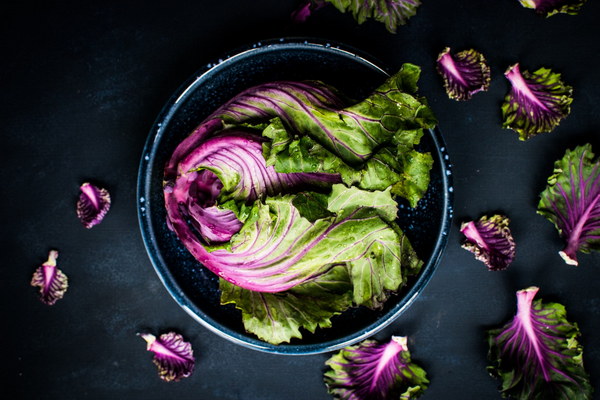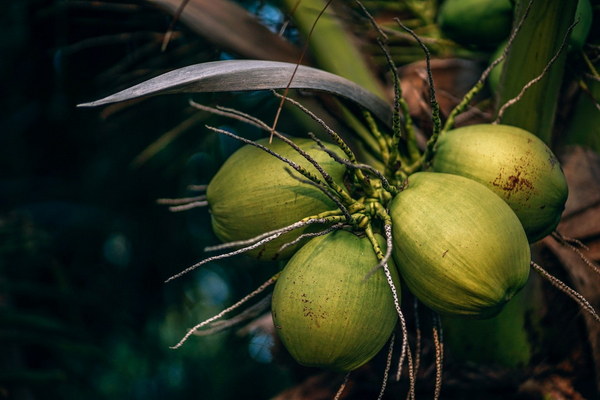Is Maternal Nursing Lung Tea Effective Exploring Its Benefits for Breastfeeding Mothers
Maternal nursing lung tea has gained significant attention among breastfeeding mothers, as they seek natural remedies to support their health and well-being. But is this herbal concoction truly effective? Let's delve into the world of maternal nursing lung tea to understand its benefits, potential risks, and how it might impact breastfeeding mothers.
Understanding Maternal Nursing Lung Tea
Maternal nursing lung tea, often referred to as breastfeeding lung tea, is a traditional Chinese herbal tea designed to nourish the lungs and support respiratory health. It typically includes a blend of natural herbs such as American ginseng, honey, and other traditional Chinese medicinal plants. The primary goal of this tea is to boost the mother's immune system and enhance her overall health, which can, in turn, benefit her breastfeeding baby.
Potential Benefits of Maternal Nursing Lung Tea
1. Strengthened Immune System: One of the key benefits of maternal nursing lung tea is its potential to strengthen the mother's immune system. A robust immune system can help prevent respiratory infections, which are particularly common during the postpartum period.
2. Improved Respiratory Health: By targeting the lungs, this tea may help alleviate respiratory issues such as coughs, colds, and bronchitis. This can be particularly beneficial for mothers who have a history of respiratory problems.
3. Enhanced Energy Levels: Many breastfeeding mothers experience fatigue due to the demands of feeding and caring for a newborn. The natural energizing properties of maternal nursing lung tea may help increase energy levels and improve overall vitality.
4. Nourishment for the Body: The blend of herbs in this tea is believed to provide essential nutrients that can support the mother's recovery and help replenish her body after childbirth.
5. Potential Benefits for the Baby: By improving the mother's health, maternal nursing lung tea may also have indirect benefits for the baby, including a lower risk of infections and improved overall health.
Considerations and Risks
While maternal nursing lung tea offers potential benefits, it is important to consider the following:
1. Consultation with a Healthcare Professional: Before starting any new herbal remedy, especially during breastfeeding, it is crucial to consult with a healthcare provider. Some herbs can interact with medications or have adverse effects on the baby.

2. Quality and Purity: Ensure that the maternal nursing lung tea is from a reputable source and that it is free from contaminants. Poor quality tea can pose health risks.
3. Individual Reactions: As with any herbal remedy, individual reactions can vary. While one mother may benefit greatly from this tea, another may experience adverse effects.
4. Limited Scientific Evidence: The efficacy of maternal nursing lung tea is largely based on traditional beliefs and anecdotal evidence. There is a lack of scientific research to fully support its claims.
Conclusion
Maternal nursing lung tea may offer some potential benefits for breastfeeding mothers, particularly in terms of supporting respiratory health and boosting the immune system. However, it is essential to approach this herbal remedy with caution, seeking professional advice and ensuring the tea's quality and purity. While it may not be a magic solution, maternal nursing lung tea could be a complementary option for some breastfeeding mothers looking to enhance their well-being during this crucial time.
Remember, every mother's experience is unique, and what works for one may not work for another. It is always best to prioritize natural remedies that align with your personal health goals and consult with healthcare professionals to ensure the safety and effectiveness of any supplement or treatment during breastfeeding.









